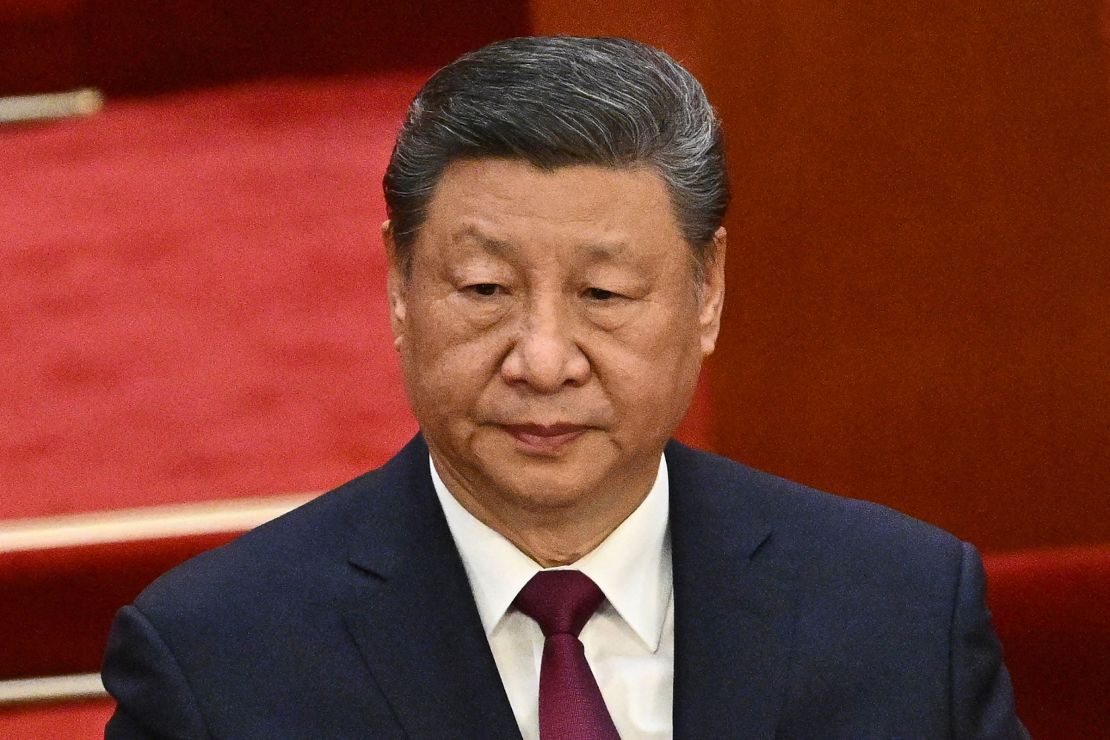Confusion in the administration’s messaging

As it has several times, the administration is insisting that its sudden moves and inconsistent messaging were part of the plan all along.“This is just another great example of how President Trump had a detailed plan from the beginning that’s being executed exactly as directed,” White House deputy chief of staff Stephen Miller said on Fox News’ “Sunday Morning Futures.” He explained the administration’s thinking that such items are vital to US national security and thus required different treatment for “reshoring” factories that make them.
The administration insists its strategy is working, arguing that scores of countries included in the now-paused reciprocal tariffs have rushed to offer stunning deals to Trump to escape American pressure.
The White House is now applying similar logic to China, betting that the might of the US economy will force Xi to offer concessions on long-held grievances that include concerns over market access, intellectual property theft and a vast trade imbalance that Trump insists is proof Beijing is ripping off Washington.
“It’s kind of almost a two-world system. There’s a process about China, and that’s very, very nascent … and then the process for everybody else,” Kevin Hassett, director of the White House National Economic Council, told CNN’s Jake Tapper on “State of the Union” on Sunday. “So the process for everybody else is orderly, it’s clear. People are coming to town with great, great offers.”
The Trump approach is risky, and it may fail to take into account the complexities of the US-China relationship and the political dynamics in Beijing. This is because Xi’s attempt to turn his country into a dominant great power is founded in a conceit that the US and other Western powers have historically adopted colonial-style policies to suppress Chinese influence and deprive it of its rightful place in the world. This makes it almost impossible for Xi to be seen as caving to what China regards as US bullying.
Still, the administration has dismissed warnings that China can hurt the US as badly as Washington can hurt it. “They’re playing with a pair of twos,” Treasury Secretary Scott Bessent said last week on CNBC. He argued that since the US exports only a fifth of the total value of goods Beijing sends to the US, its economy would come off worse in a tit-for-tat trade war.
That reasoning and Trump’s confidence that his typical brinksmanship and raising of the stakes to intolerable levels, which he honed as a real estate mogul in New York, will be tested in the days to come.
If Trump does manage to reframe the US trading relationship with China, he will claim a significant achievement in a new era of Washington relations with Beijing. For years, presidents of both parties reasoned that by liberalizing China’s previously controlled economy, the US could usher its rival into the global rule-based trading system and promote political reforms inside the country. But that calculus began to change at the end of the Obama administration, and Xi’s nationalistic rule sharpened the economic and geopolitical showdown between the two sides.